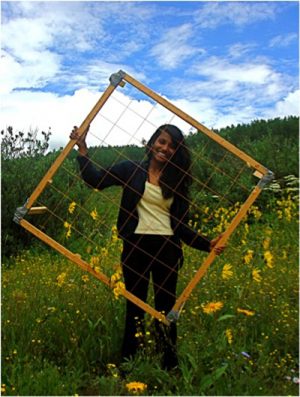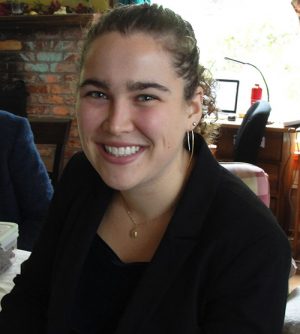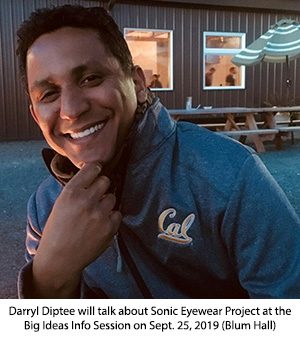What we’ve found at Berkeley about how to get people to work together is that you define some kind of very big problem that needs to be solved, and attack it from a range of viewpoints.
— Richard Newton
IdeaLabs, a component of the Big Ideas@Berkeley program, are student-led hubs for discussion and idea-sharing around issues that are important to students—anything from climate change and health to safe water, nanotechnology, or household energy. The groups are multi-disciplinary gatherings of undergraduate and graduate students designed to bring out a range of viewpoints, ideas, and strategies.
Each IdeaLab is unique, reflecting the goals and passions of the students behind it. The groups host regular discussions and events where students can gain new perspectives, share ideas, and work together with peers they might never meet in a classroom—engineers, aspiring entrepreneurs, and science buffs talk over a common interest with anthropologists, health experts, and public policy majors.
Estrella Sainburg, student Director of the Berkeley Water Group IdeaLab, said the most rewarding part of leading the IdeaLab was hearing a new member’s excitement at finding a place on campus where other students shared her passion for water issues.
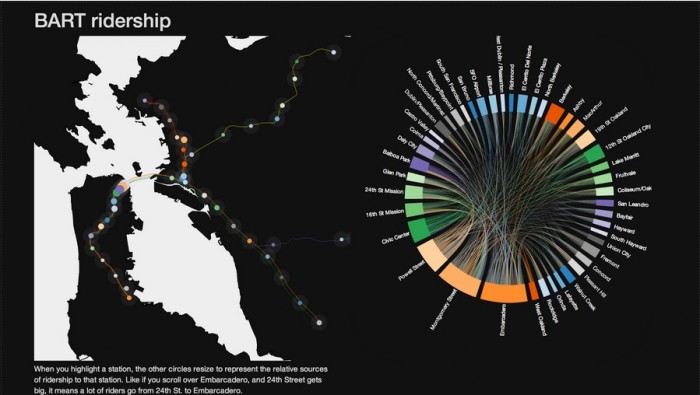
IdeaLabs are more than just discussion groups, however—they are geared toward connecting students who can together explore real solutions to critical challenges. The Visualizing Urban Data IdeaLab recently hosted a hackathon to make sense of data related to the impending BART strike, including BART employees’ salaries, traffic, and ridership. “It was a challenge to work on an event transpiring in real time,” said VUD IdeaLab Director Lewis Lehe. The resulting projects have spurred online discussions and attracted attention from students across disciplines. “Coders want to see our visualizations. Planners and civil engineers want to experience urban spaces in a fresh way,” Lehe shared.
“We’re excited to see the ideas and projects that these IdeaLabs continue to produce,” said Phillip Denny, Manager of the Big Ideas@Berkeley program at the Blum Center for Developing Economies. “You can find real innovation at the intersection of so many different perspectives. The interdisciplinary Big Ideas@Berkeley projects we see every year are a testament to that.”
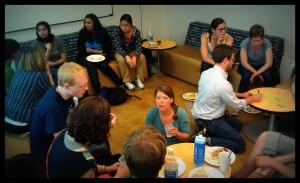
IdeaLabs have shown the benefits of bringing together diverse groups of students. Zoe Chafe, the student Director of the Climate Change and Health IdeaLab, described a visiting researcher’s recent presentation on the health “co-benefits” of climate change mitigation strategies in China. At the end of her presentation, a public health student asked about her health methodologies. Participants from the China Energy Group at Lawrence Berkeley National Lab asked about her collaborations with institutions in China. Other students wanted to know more about the economic valuation she used when presenting trade-offs. “This is exactly the type of intellectual exchange we are hoping to support: an open forum where there are no stupid questions and everyone is encouraged to share their knowledge,” said Chafe.
IdeaLabs operate under the umbrella of the Big Ideas program. All IdeaLabs invite new undergraduate and graduate student members from across campus.
Visit bigideascontest.org/idealabs to join an active group or learn how to start your own!

